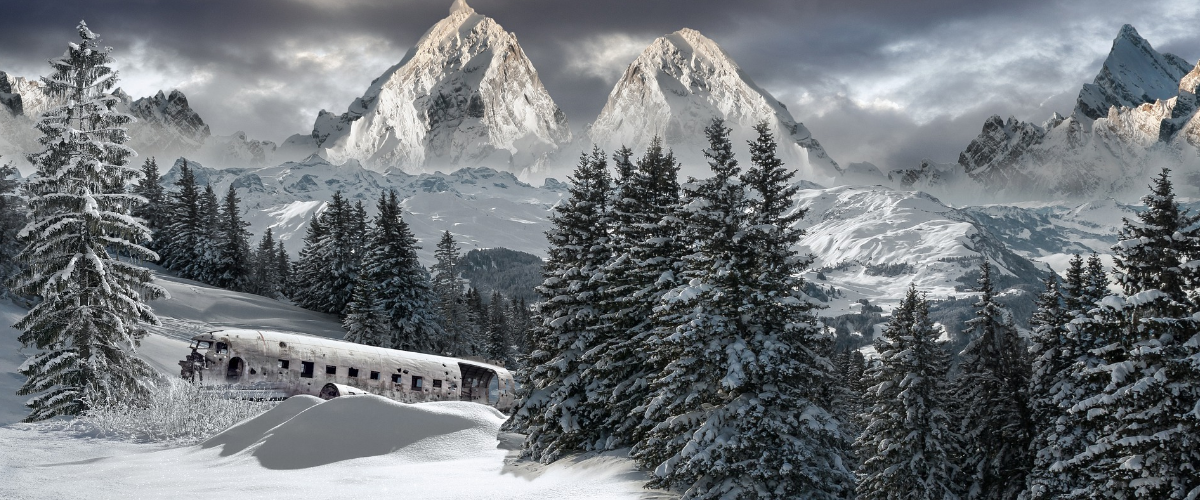Nearly all survival stories start the same: they got lost. But not all of these stories end in disaster. There are things that folks like you and me can do to ensure that if the unfortunate happens, we can survive long enough to be rescued. Here’s some advice for before, and after, you get lost in the wild.
What to do BEFORE Entering the Wilderness
While many may find this type of behavior unnecessary, these preventative measures can be the staple difference when someone goes missing out in the wilderness. Before going into the wild or abandoning your vehicle/camp, try to do as many of the following:
- Tell someone where you are going and when you expect to be back. If you do not intend to return, tell them where you intend to stop. If no one is around to tell and you don’t have a communication device (phone), then leave a note detailing this information.
- Check your belongings. Make sure you have everything you need for the environment. Make sure your electronics are charged, if possible. Regardless of where you go, take a survival pack with you, containing items like a knife, compass, matches, a map, and so on.
- Bring enough food for more than the amount of time you expect to be gone.
Avoid Getting Lost WHILE in the Wilderness
You’ve made a preventative measure, but that doesn’t mean you can zone out. There are a few things you can do to ensure that you stay on track while travelling in the wilderness.
- Check your position every 15 minutes or so. If you have a map, determine your location on that map. Take this moment to observe your surroundings and remember them. Keeping things like landmarks and local markings can help when trying to backtrack.
- Observe your shadow compared to the time of day. Compare this to your compass. This can help ensure that you’re going in the direction you think you’re going.
- If you think you went the wrong way and decide to back track to a previously established position, leave a marker or blaze to mark the “lost” location. This can help you recognize if you make the same mistake again.
What to do if You Get Lost in the Wilderness
Despite your best efforts, you’re lost. While not ideal, there’s still things you can do to ensure you are recovered safely and quickly.
- Stay calm. Sounds obvious, but panicking is a very natural response to situations like this. Take a moment, breath, and regain your composure. A calm mind makes better decisions.
- Stay where you are. Often times, lost folks will try to aimlessly travel in hopes of finding rescue. The problem with this, however, is how easy it is to become obnoxiously more lost by doing so. If you told someone your plan, and take longer than expected to return, the first place that the rescue teams look is the path you were expected to do. The further you divert from that path, the harder you become to find.
- Ration food. Try to not eat any food for the first day. After that, be sure to only eat food in small amounts and to eat slowly. If you can safely forage, do so. Limit water intake if clean water cannot be easily sourced.
- Build a fire. If you can safely do so, starting and maintaining a small fire will aid in both survival and discovery. The smoke of the fire can be used to locate you, and the heat can be used to provide warms and a source for cooking/boiling local water.
- If you suspect you will be lost overnight, prepare a small shelter to sleep in. Simple lean-to shelters can be built from a collection of sticks and leaves, which can be improved if you have any man-made materials like tarps, sleeping bags, and rope. Of course, this can be entirely avoided if you brought a personal tent with you.
The natural world can be a tough place to survive in, especially if you aren’t prepared. So be prepared for anything, and hopefully you won’t have to encounter this situation yourself.

